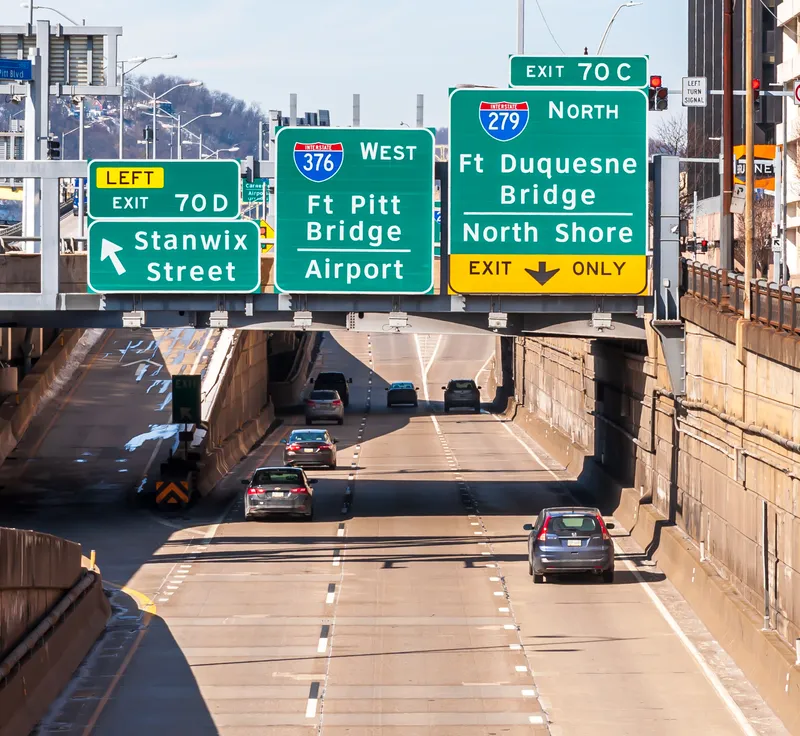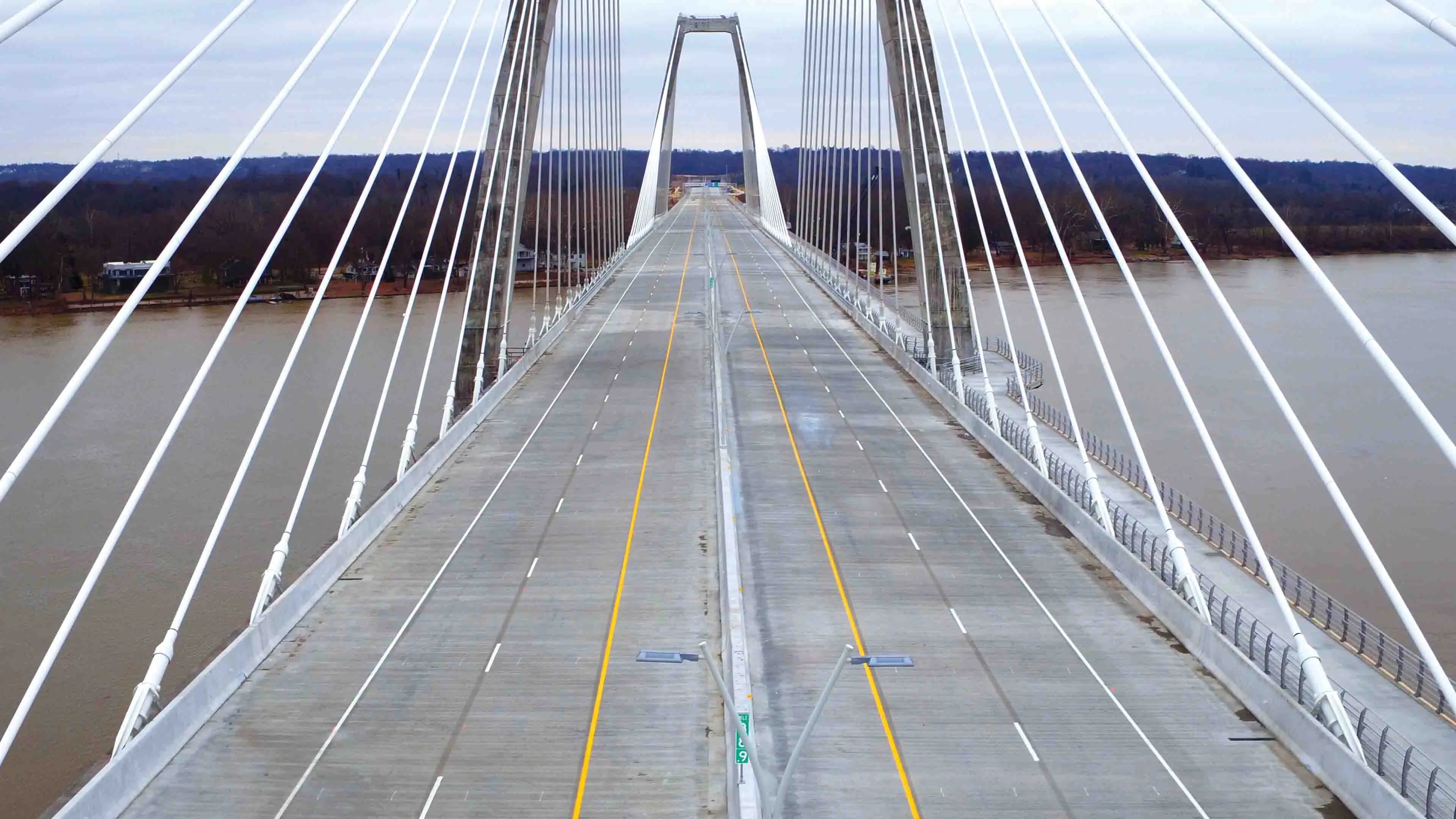
Pennsylvania state’s Eastern Pittsburgh Multimodal Corridor Project – to make improvements in the I-376 (Parkway East) corridor - has been awarded US$142 million under the National Infrastructure Project Assistance (Mega) grant programme.
The federal government’s Mega programme, which was created by the Bipartisan Infrastructure Law and provides $5 billion in funding up to 2026, is focused on projects that are large, complex and difficult to fund under traditional grant programmes. It covers 11 such projects that will generate national and regional economic, mobility and safety benefits.
The Southwestern Pennsylvania Commission, which oversees federal transportation for a 10-county area, applied for the money on behalf of several agencies and governments, including PennDOT (Pennsylvania Department of Transportation) and Pittsburgh Regional Transit.
In Pennsylvania, the Eastern Pittsburgh Multimodal Corridor Project was awarded $142 million. The project will make multimodal improvements in the I-376 (Parkway East) corridor of Pittsburgh. The project will include resiliency improvements and reduce costly recurring maintenance by addressing a flood-prone area known as the “Bathtub” segment and landslides that often force emergency road closures.
The Pittsburgh project will also improve traffic management through dynamic lane use, dynamic speed limits, wrong-way vehicle detection and queue warning systems that are expected to reduce the higher-than-average crashes on the Parkway East.
In January, the US transportation secretary Pete Buttigieg announced more than $4.9 billion in funding from US president Joe Biden’s Investing in America agenda to 37 projects through two major discretionary grant programs - the National Infrastructure Project Assistance grant programme and the Infrastructure for Rebuilding America (INFRA) grant programme.
The INFRA programme, for which funding was increased more than 50% by the Bipartisan Infrastructure Law, also funds large scale, transformational infrastructure projects — for this round of funding the federal government is investing in 28 projects that will improve the safety, efficiency, and reliability of the movement of freight and people in and across rural and urban areas. Over half of the projects being funded through the INFRA programme are in rural communities.
Apart from the Pittsburgh project, others projects are the Interstate Bridge Replacement Programme between Portland in Oregon state and Vancouver in Washington state. The project, which was awarded $600 million, will update Interstate 5 – an important north-south route - with a seismically resilient replacement of the I-5 bridge over the Columbia River. The bridge will have separate lanes for public and commercial travel. It will offer accessible and affordable transportation options such as bus lanes, pedestrian walkways, bike lanes and a light rail system to promote sustainable transportation.







